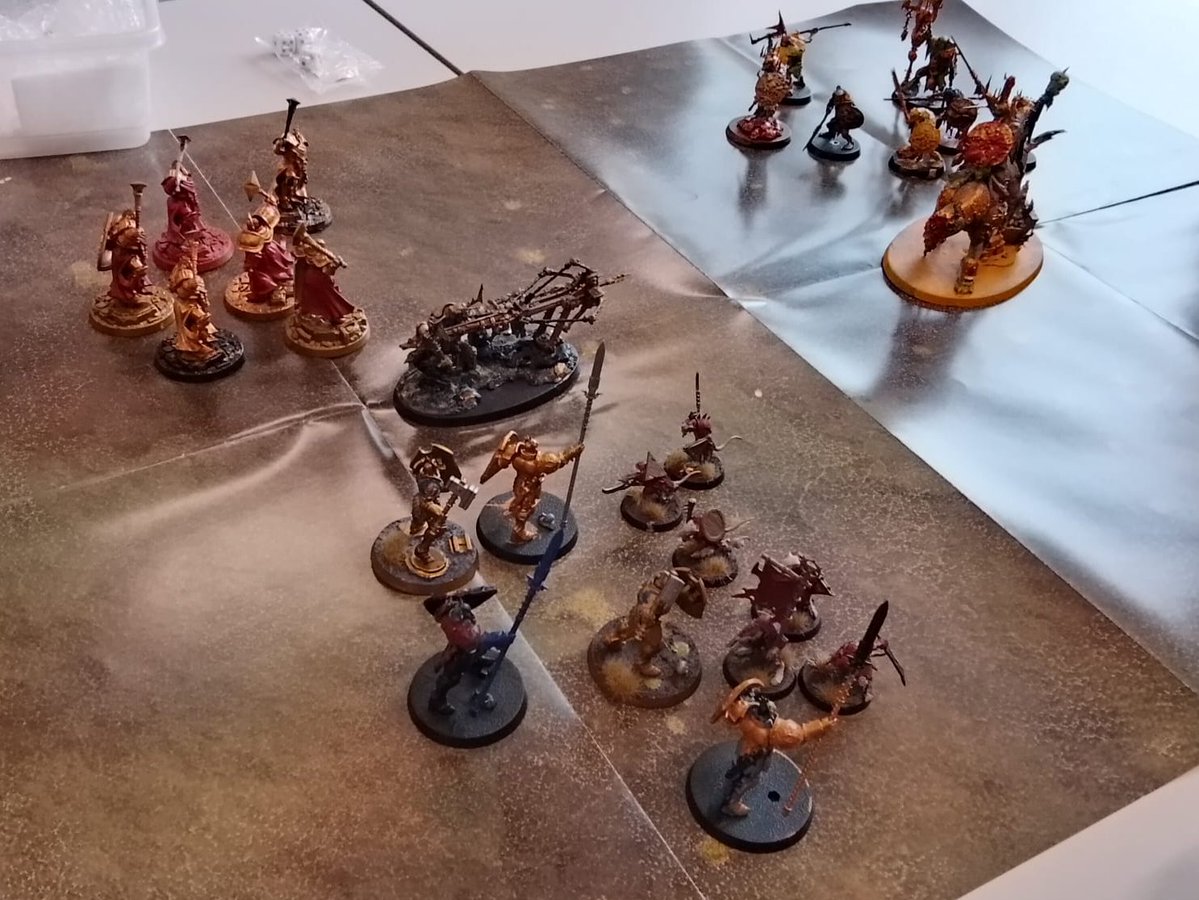Literacy: Writing, Oracy and Reading Development (WORD)
At Harris Academy Sutton (HASU) we believe that every student is entitled to a curriculum that both develops their literacy and gives the opportunity to develop a lifelong love of reading and writing. Writing, speaking, and reading with fluency provides young people with the building blocks not just for academic success, but for fulfilling careers and rewarding lives.
At HASU, we promote and develop literacy (WORD) across six strands:
-
Promoting reading for pleasure
-
Supporting less able readers
-
Embedding reading within the curriculum
-
Teaching academic vocabulary
-
Developing students’ oracy
-
Developing students’ writing
More information can be found about our provision in our Literacy Policy which can be found in the Teaching & Learning policies area.
As a parent or carer, you can do a lot to support your son or daughter in their writing, oracy and reading development. Below you will find some strategies to try at home, as well as additional information on how we embed WORD within our school.

Writing Development
How does the school promote writing?
-
Competitions: for example the HASU Anti-Bullying Poetry Competition’ and ‘Young Reporter Competition’, Harris Federation Spelling Bee.
-
In lessons: teachers will focus on explicit teaching of ambitious vocabulary explicitly, especially Tier 2 and Tier 3 subject specific vocabulary. Staff also focus on teaching pupils more complex sentence starters. There will also be frequent opportunities for students to practice extended writing in lessons (why not take a look at your son or daughter’s books in History, English, RS and Geography to see some examples)
-
Extracurricular clubs: we offer extracurricular clubs which will encourage creative writing, for example the HASU Poetry Club organised by the English department.
How can I support my child with writing at home?
Write letters: a simple way helping your child develop their writing skills is to write letters. For example, writing a thank you letter to a family member, teacher, or member of the community would encourage your son or daughter to articulate themselves to a more formal audience.
-
Writing emails: this can also help develop writing skills. For example, writing an email to set up some work experience would need to be written formally, using language appropriate to someone who is not known to the writer.
-
Writing diary entries: this can also help provide both an opportunity to develop writing skills as well as the ability to reflect on ones relationships and events of the day or week at school.
Oracy Development
How does the school promote oracy?
-
Turn and Talk: every subject prioritises opportunities in lessons for group discussion. We call this ‘turn and talk’. Teachers will use specific strategies to ensure the talk is of a high quality, including our acronym HELP (Head Up, Eyes Up, Loud Projection).
-
Choral Response- When we teach pupils ambitious vocabulary, the teacher models the pronunciation first, and asks the class to repeat it back several times. This perfects the pupils pronunciation of key terms, and builds their confidence, encouraging them to use sophisticated vocabulary in both their verbal and written responses.
-
Extracurricular clubs: as with writing, we have a host of clubs which will encourage high quality oracy including HASU Poetry Club, Whole School Production and active engagement clubs such as ‘Planet Earth Club’.
-
School plays/performances: each year the school will hold a school play, as well as celebrations such as the Winter Celebration. As with assemblies, these are chances for students to present to their peers, be it a poem, song, or speech.
-
Competitions: we hold competitions across the year which promote oracy. For example the ‘HASU Anti-Bullying Poetry Competition’, and Jack Petchey Challenge.
How can I support my child with oracy at home?
-
Make your home a talking rich environment: this involves carving out time to get together as a family to talk. For example, at mealtimes or on the journey to school in the morning. Using focus points for discussion can widen your son or daughter’s vocabulary, for example talking about the ‘word of the day’ or current events in the news.
-
Reading aloud: encouraging your child to read aloud at home will help develop not only their reading skills, but also their oracy.
Reading Development
How does the school promote reading?
The HASU Library: situated on the ground floor at the heart of the building, has over 4000 books from a diverse range of authors, covering fiction and non-fiction titles. All students are provided opportunities to engage with the library, for example during library lessons which take place for all lower school students each fortnight, as well as at break times and after school.
-
DEAR time: At least once per day pupils are given dedicated time to ‘Drop Everything and Read’ a book of their choice. DEAR time is a great way of encouraging students to read for pleasure and is also embedded in our tutor time programme.
-
Author visits: the HASU library organises regular author visits for World Book Day. We have welcomed Sam Sedgman and Jennifer Bell since the library has been established.
-
Bedrock: students in Key Stage Three are signed up to Bedrock. This is an online platform which supports students in their reading and vocabulary development.
-
Register, Read, Respond: Fortnightly sessions for Year’s 7-10 train students in reading short news articles focusing on various contemporary issues, thus fostering their ability to engage with and critically review a range of written media.
-
Book reviews: each time a student finishes a book they can submit a book review, via our library catalogue, to the librarian. Book reviews win house points and other rewards.
-
Competitions: For example, the ‘National Reading Champions Quiz’, which we achieved third place in nationally for 2024 and our annual ‘Christmas Reading Bingo’ competition.
How can I support my child with reading at home?
-
Check that they have a book to read for pleasure: the best way to develop a love of reading is to make sure your son or daughter has a book, and one that is appropriate to their age, ability, and interests. This will help them read for pleasure (rather than because they have been told to!).
-
Build time into the day to read: we suggest that each child reads for twenty-thirty minutes a day. Where possible this should involve reading aloud to you, a sibling, or even a pet!
-
Make your home a reading environment: this involves having books available, reading to your son or daughter when the opportunity arises, talking about books that you or they have read, and celebrating their successes in their reading development.
-
Phonics: use phonics to help your child sound out new and unfamiliar words. You can find some helpful information on how phonics works on the ‘Read, Write, Inc’ webpage, there are excellent video guides and for general guidance please see the ‘Read Write Inc Phonics Guide’. Books in the Oxford Owl free eLibrary are suitable for students who are at the early stages of developing their reading skills.


























